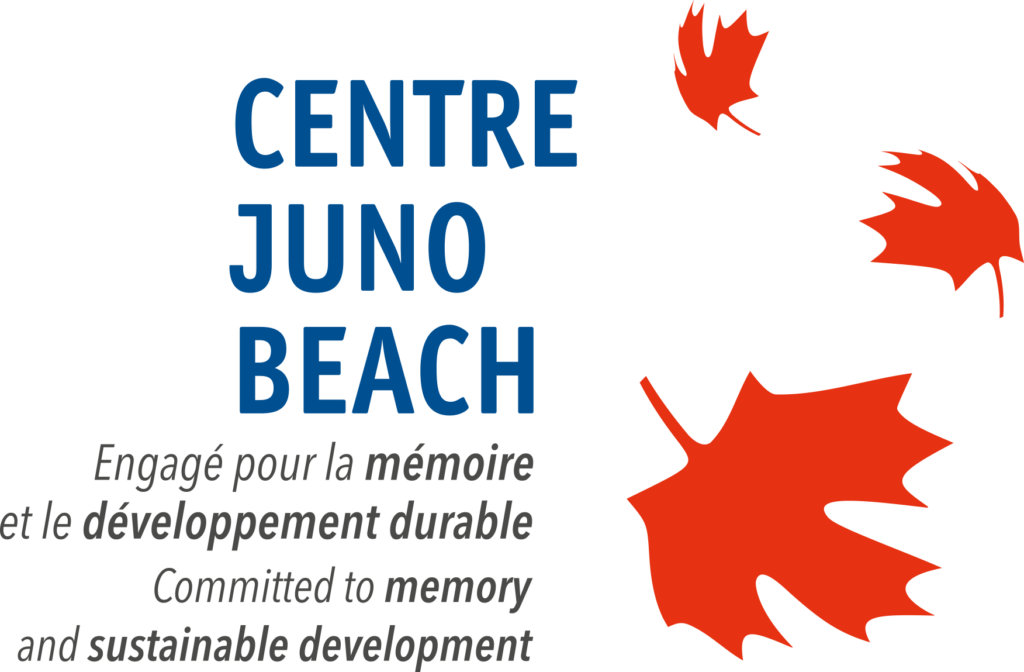
The LRE Foundation is a growing international, inclusive network that connects people and organisations dedicated to preserving and valorising the tangible and intangible cultural heritage related to World War II, its memory and meaning. The organisation’s main objective is to make this history relevant and accessible, especially for the younger generations.

Juno Beach Centre is Canada’s leading Second World War Museum and cultural center located in Normandy, France. It aims to pay homage to the 45,000 Canadians who lost their lives during the War, many of them on Juno Beach and in Normandy.
The center provides exhibitions, guided tours and educational activitie. Since 2020, the center has developed a sustainable development strategy. Its practices serve as a good practices model for enhancing organisations’ sustainable engagement with social, economic, and environmental dimensions. To find out more about the Centre’s work on sustainability visit: Sustainable Development : Juno Beach Centre

Fondazione Campus offers degree courses in tourism science in Lucca, Italy in conjunction with the University of Pisa, Pavia and Italian speaking Switzerland. The Study and Research Centre holds relevant research on the effects of tourism and sustainability, with focuses on areas such as cultural heritage, and combines academic expertise with consultancy activities. Its innovative approaches to governance and sustainability offer valuable insights to the project.

Mascontour is a consulting agency located in Berlin, Germany, specialising in sustainable and resilient tourism. The agency creates expert-led and e learning modules and provides full support throughout implementation through their expansive knowledge and experience on the topic. Their participatory approach ensures quality trainings, impactful outcomes and innovative solutions for advancing sustainable tourism practices.

This project is funded by the European Union’s Creative Europe programme. This invests in initiatives that reinforce cultural diversity and address the needs of the cultural and creative sectors. Its key objectives are to safeguard and promote European cultural heritage and to enhance the competitiveness and economic potential of these sectors. The programme introduces innovations to support recovery efforts, focusing on making these industries more inclusive, digital, and environmentally sustainable. These actions are crucial for strengthening cultural diversity and adapting to modern challenges.